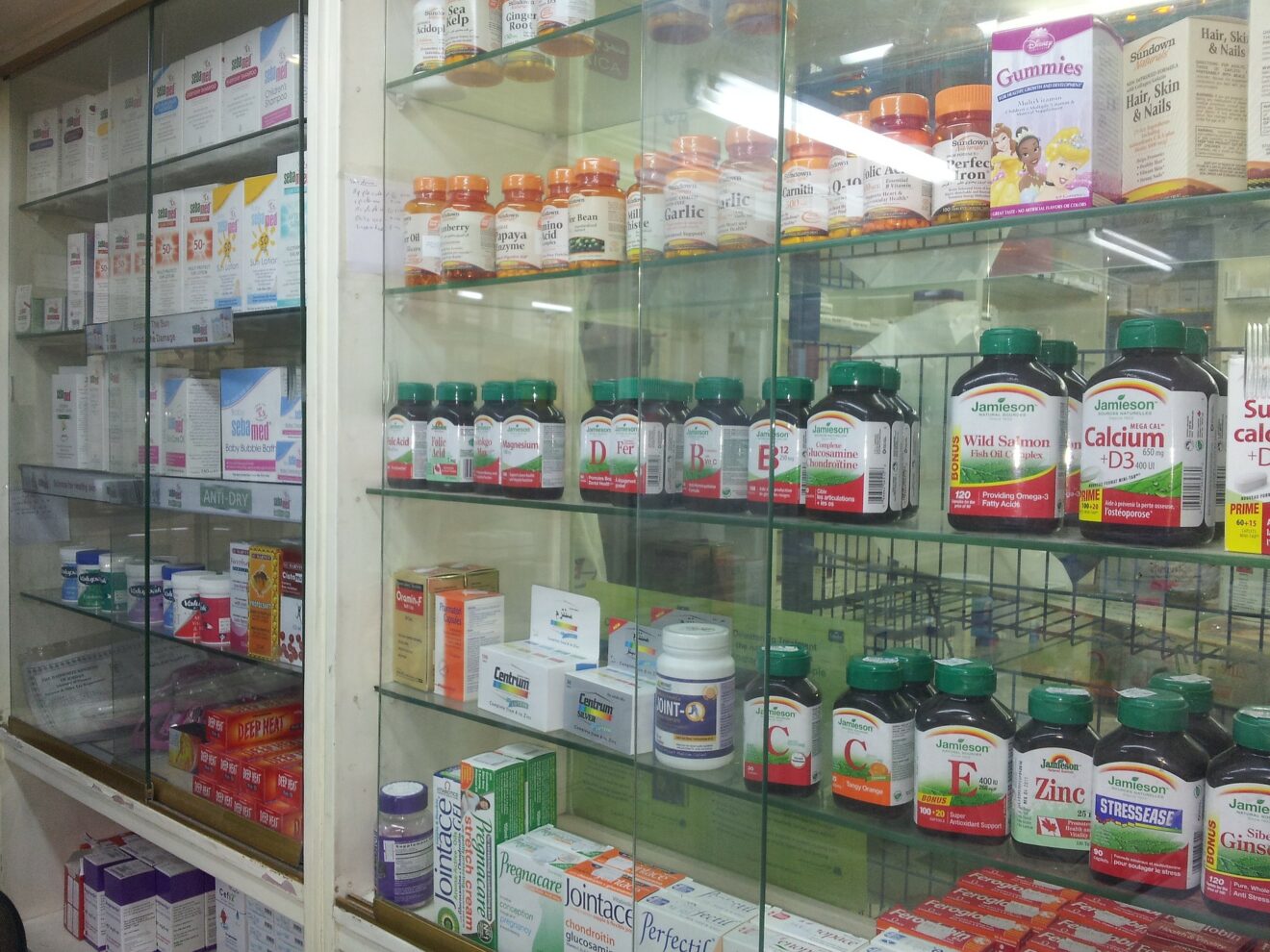Consumers have been prioritizing their health and wellness over the last several years, with dietary options being a large part of the equation. The road to wellness took on even greater resonance when the pandemic struck last year, though, leaving many Americans seeking out ways to stay healthy and boost their immunity.
These changing lifestyles and dietary habits spurred by the pandemic and beyond are creating waves in the vitamin and supplement category. Vitamin, mineral and supplement sales have risen 21% since the pandemic began, according to market research firm IRI, with market shares of certain types of vitamins and supplements increasing exponentially.
“Prior to COVID-19, 80% of consumers were using vitamins, minerals and supplements as part of their ritual anyway, but I think the pandemic just strengthened their commitment to the product category,” said Larry Levin, executive vice president of consumer and shopper marketing at IRI.
It’s clear that buying vitamins and supplements has been at the forefront of consumers’ minds since the early days of the pandemic, with 35% of households buying vitamins in the four weeks ending April 5, 2020, according to IRI data. The momentum has only continued, with 40.6 million households purchasing vitamins in January of this year, compared to 35.5 million last year.
“When you think about the impact that category has on our lifestyle, it’s really profound,” Levin explained.
Market trends
Trends within the vitamin and supplement category run the gamut, but consumers are increasingly interested in products such as single-letter vitamins like vitamin C or vitamin D, as well as items including zinc, elderberry and melatonin, according to Levin. “They see the benefits and they’re starting to fortify their lifestyles with these products,” he explained.
Vitamin C, for example, makes up 12% of the overall vitamin and supplement market, Levin said, but has made up 26% of its growth. Likewise, melatonin sales are up 44% from one year ago, seeing 9% of the market but 15% of its growth.
Natural Grocers counted vitamin C, vitamin D, zinc and other supplements among its Top 10 trends for 2021, with the retailer noting that consumers have recognized the need to “armor up” and support their immune systems.
With many Americans feeling stressed out and not anticipating a speedy end to the pandemic and accompanying economic worries, “consumers are looking for supplements to help them sleep better, help them get through the day and certainly anything they can do to get there helps,” Levin explained.
As for particular age groups reaching for vitamins and supplements, Levin said millennials account for a large portion of the sales. Overall, 11% of Americans say they’re buying more products than they used to, with 15% of Gen Z and younger millennials and 14% of older millennials doing so.
“Younger consumers, particularly Gen Z and younger millennials, seem to be adapting their lifestyles to include vitamins, minerals and supplements in their regimen,” Levin said.
An online advantage
The interest in this category lends itself to using online channels for sales and outreach, according to Levin, especially with more than 50% of sales happening online, compared to just 10% of healthcare product sales in the same online space.
An online presence allows manufacturers and retailers to offer subscription models for consumers who are buying in large quantities, while also allowing shoppers to research the benefits of particular products. E-commerce also allows for an endless array of products for shoppers to choose from, Levin said.
Additionally, the online environment can make it easier for small brands to connect with customers, as well as build a cradle-to-grave relationship with younger consumers.
Capitalizing on the momentum
Numerator found that 42% of consumers said their health-related behaviors have improved since the pandemic began, 74% plan to lead a healthier lifestyle in 2021 and 54% will purchase healthier foods. As the number of consumers looking to boost their health and wellness through supplements continues to skyrocket, retailers and manufacturers are in a good position to capitalize on the momentum.
Levin believes the impending ramp-up of COVID-19 vaccinations poses a good opportunity for food retailers and drugstores to offer promotions on key vitamin and supplement categories to an already-captive audience.
Additionally, IRI found that 37% of Americans believe food is a better medicine than medicine itself, which Levin says could help retailers make sales in both vitamin-packed food and supplement categories. “Food retailers can continue to promote the goodness of these [food] products as they help prepare people to shop,” he said, “and at the same time continue to supply and stock the vitamin, mineral and supplement categories that their shoppers care about.”
Likewise, Whole Foods Market foresees people seeking out well-being from vitamins and supplements in food form, ranging from sauerkraut, mushrooms and kombucha to fresh citrus fruits packed with vitamin C. “Suppliers are incorporating functional ingredients like vitamin C, mushrooms and adaptogens to foster a calm headspace and support the immune system,” the company says. “For obvious reasons, people want this pronto.”
Related stories:
- SmartSummit: The plant-based movement is here to stay
- How the pandemic fed the growth of food subscription services
- Consumers continue to focus on sustainability, waste reduction through COVID-19
_____________________________________
If you enjoyed this article, you can sign up for Consumer Brands SmartBrief, FMI dailyLead or Restaurant SmartBrief to get news like this in your inbox. For even more great news content, sign up for any of SmartBrief’s 275+ free email newsletters today, free.
